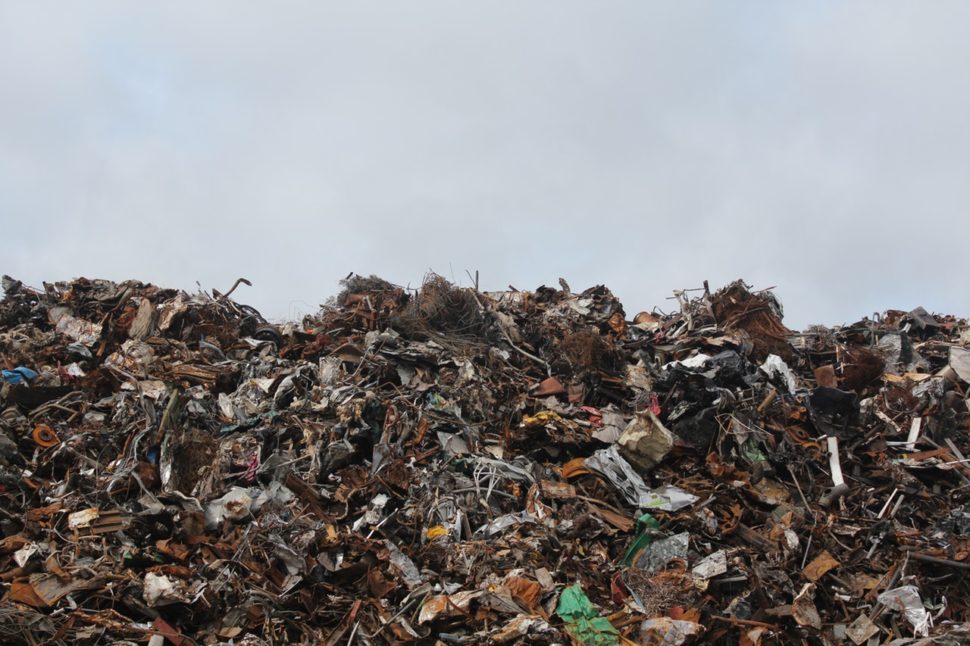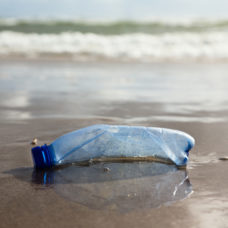The Basel Convention is a treaty also known as the Basel Convention on the Control of Transboundary Movements of Hazardous Wastes and their Disposal.
Signed in 1989 and effective since 1992, the Basel Convention has stemmed from the fear of developing countries to become open landfills for hazardous waste generated in developed countries.
The treaty defines a list of hazardous materials and regulates their cross-border movement from one country to another.
One such hazardous material that wasn’t included in Basel Convention is plastic waste, until now.
Exporting Plastic Waste Gets Harder
On May 10, 187 nations gathered in Geneva, Switzerland, to add plastic to the Basel Convention as a hazardous waste.
As with other hazardous materials, the treaty doesn’t prohibit the export and import of hazardous plastic waste altogether, but instead puts it under strict regulations. For example, in the case of waste trafficking, the convention obliges the exporting state to re-import.
Under the new amendment, the exporting states must first obtain consent from the importing states before shipping hazardous plastic waste.
In other words, major plastic producers and plastic waste exporters will no longer be able to freely ship their plastic waste to be processed or dumped in poor countries.
This is a big step toward better management of plastic waste to curb the global crisis of plastic pollution, especially ocean plastic, now with an estimated 100 million tons of plastic junk having leaked into the oceans.
Of the 187 parties of the Basel Convention, only two countries haven’t ratified the treaty: Haiti and the United States which have signed the Convention back in 1990. So the US, the largest exporter of plastic waste, isn’t concerned with the new amendment.
Read More: Plastic Waste Found to be Massive Source of Greenhouse Gas Emission
Although it wasn’t involved in the decision, the U.S. will likely see its plastic industry affected by the new regulations because some countries where it usually exports its plastic waste have ratified the Basel Convention and this plastic-related amendment.
After China banned the import of recyclable materials, the US has found a replacement in Malaysia, which has then also cracked down on opportunistic plastic waste importers.



















Comments (0)
Most Recent